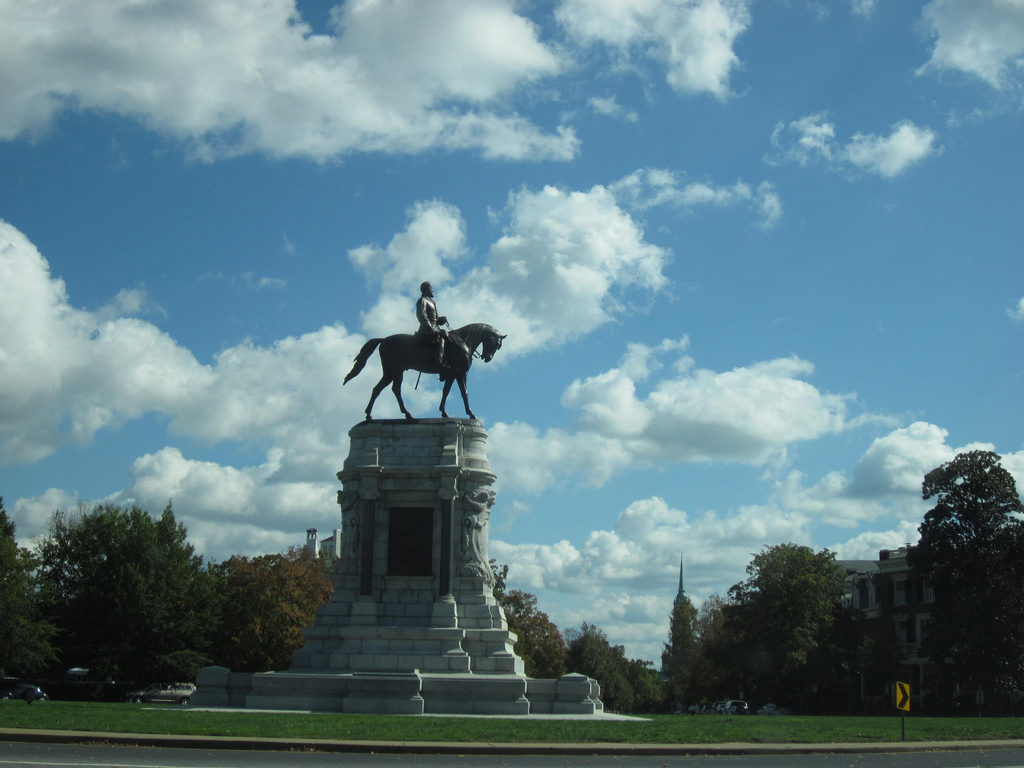As the debate continues on the context and location of Confederate monuments in localities around the country, Richmond Mayor Levar Stoney’s Monument Avenue Commission will now not decide on how or whether the city should reinterpret or remove the statues along Monument Avenue by the end of May, as originally promised. The 10-person commission was set to compose recommendations gathered over the past nine months from academics, religious groups, community organizations, and public input.
On Tuesday, Stoney granted the commission a new July 2 deadline to review the feedback from Richmonders and other groups. According to a report from the Richmond Times-Dispatch, a statement from the mayor said, “[Stoney] approved the request to provide enough time for the report to incorporate recent public feedback and to reflect a thoughtful and comprehensive review of the issues.”
When the first town hall-style meeting was held in August 2017, over 500 people showed up to voice their concerns and support over the statues lining Monument Avenue. Civil discourse was hampered at the meetings as tempers flared over the “reinterpretation” of the statues and the future of their existence in Richmond. Since then, the commission as taken to small group-style meetings.
The panel of historians, academics, and local politicians made up the commission, with the mayor charging a mission of how the city would “add context” to the Confederate monuments. At the time, the mayor said he favored that measure rather than removing or relocating the statues.
Dialogues still exist in Richmond, as opposed to the situation in Charlottesville where statues commemorating Confederate leaders have been blanketed with tarpaulins, causing citizens to remove them and put them back on. Though, in February, tarps covering statues of generals Robert E. Lee and Thomas “Stonewall” Jackson in the town were removed following the decision from a circuit court judge. But, contention still remains as supporters and dissenters argue over their validity.

